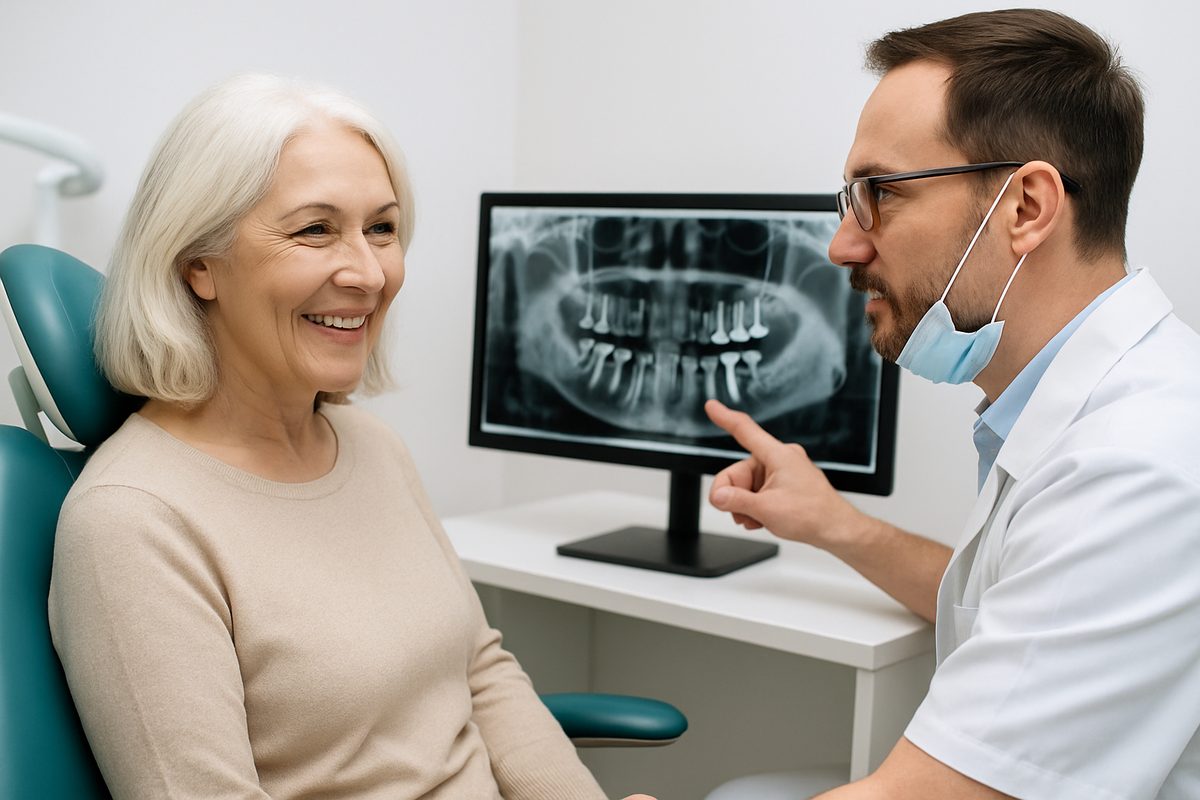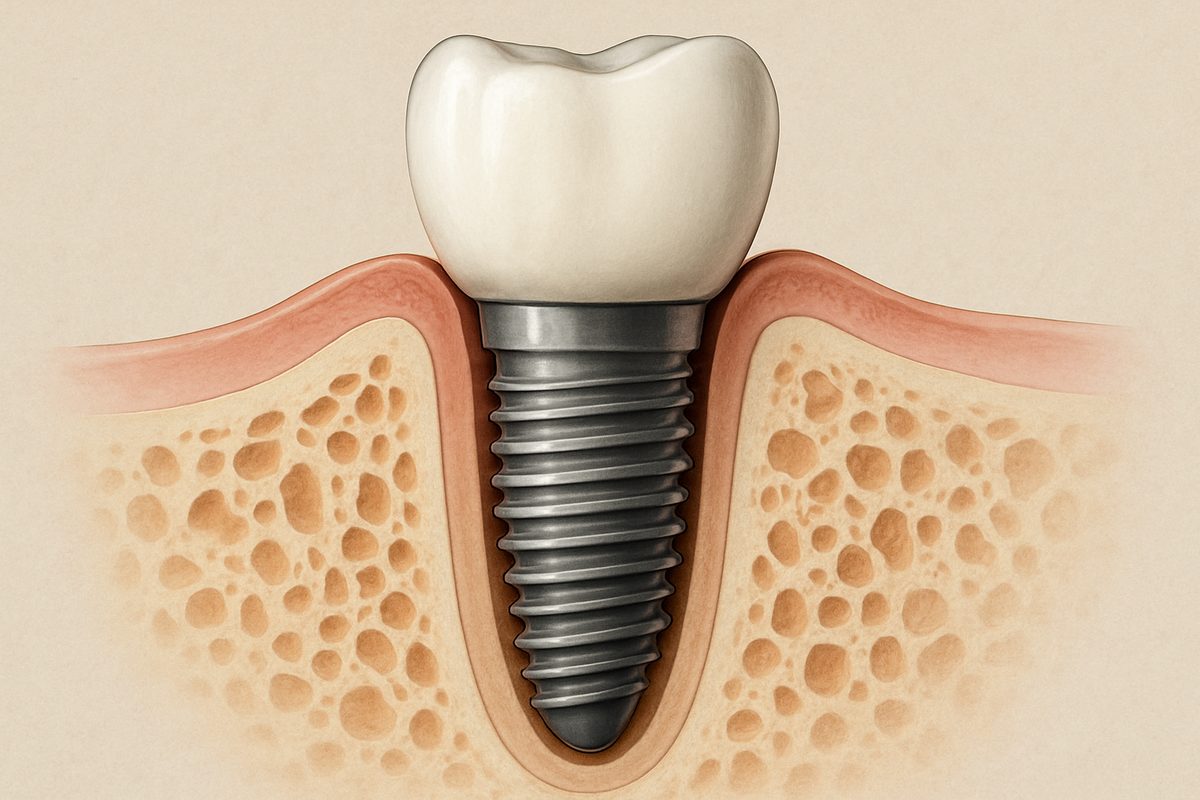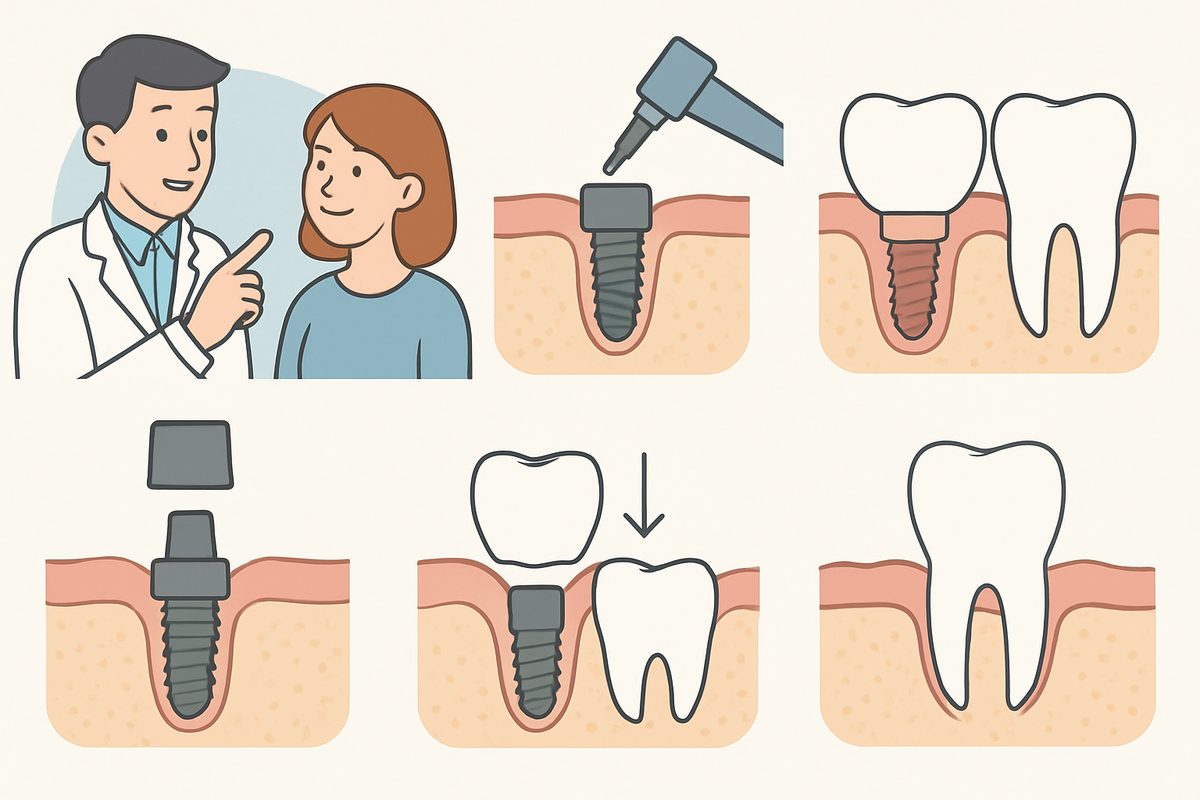Our Dental Blog - Radcliff, KY
Tips, Facts, And The
Latest In Dentistry

The Process of Dental Implants: What To Expect By Radcliff, KY
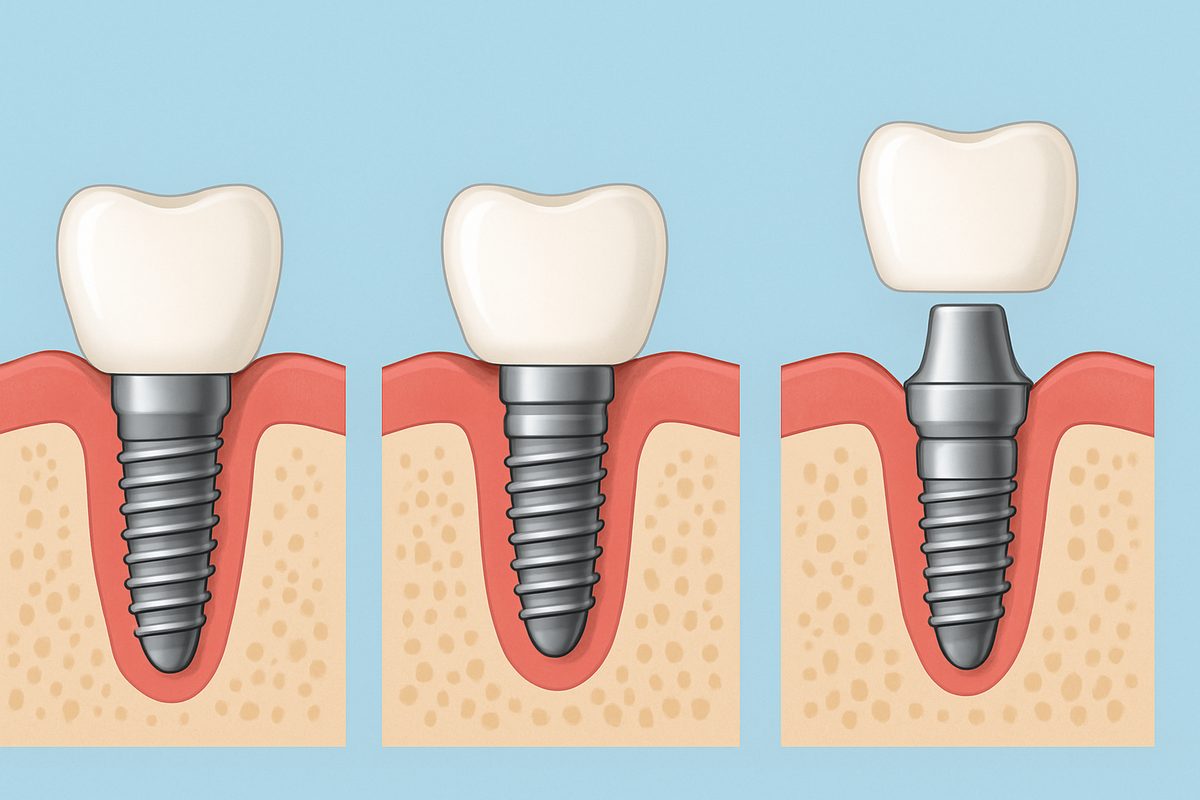
Understanding the process of implants by Radcliff, KY helps you reduce anxiety and plan for cost, time, and recovery. This guide walks through each step so you know what to expect—from the first exam to the final restoration—and offers practical next steps for scheduling and financing.
What Are Dental Implants?
Dental implants are titanium posts that replace tooth roots. They fuse with the jawbone to form a stable base for crowns, bridges, or implant-supported dentures. Implant crowns look and function like natural teeth. Implant-supported bridges and dentures give more stability than removable options and can restore full chewing function.
The Step-by-Step Process of Implants By Radcliff, KY
Consultation & treatment planning
Your first visit is an exam and a planning session. Expect a medical and dental history review, a dental exam, and 3D imaging. The dentist maps your jaw and decides implant number, positions, and timing. You’ll get a clear treatment plan, cost estimate, and sedation options if needed.
Preparatory treatments (if needed)
Some people need extra steps before implant placement. These may include:
- Tooth extractions for damaged teeth.
- Bone grafts to build jawbone when volume is low.
- Sinus lifts for implants in the upper back jaw.
These procedures add healing time but improve long-term implant success.
Implant placement surgery
During implant surgery, a titanium post is placed into the jawbone. This can be done with local anesthesia or with IV sedation for comfort. Most single implants take 30–90 minutes; full-arch cases take longer. When possible, same-day temporary teeth are placed so you leave with a functional smile.
Healing and osseointegration
Osseointegration is the bone growing around the implant. This stabilizes the post and takes about 3–6 months for most patients. You’ll have follow-up checks to confirm healthy healing. Signs of good progress include reduced swelling, stable gums, and no persistent pain.
Abutment and final restoration
After healing, an abutment connects the implant to the final restoration. The dentist takes impressions or digital scans to design your crown, bridge, or denture. Once the lab completes the restoration, it’s fitted and adjusted for comfort and bite.
How Long Does the Process of Implants Take?
Total time varies. A single tooth implant commonly finishes in 3–6 months. Full-arch cases or those needing bone grafts can take 6–12 months. Factors that lengthen treatment include poor bone health, extractions, and medical issues. Some practices offer accelerated protocols or immediate-load implants to shorten the timeline.
Who Is a Good Candidate for the Process of Implants?
Good candidates generally have healthy gums, enough jawbone, and overall good health. Key factors include:
- Healthy oral tissue and controlled gum disease.
- Sufficient bone volume or willingness to do grafting.
- Non-smokers or willingness to quit for healing.
- Controlled medical conditions like diabetes.
If implants aren’t right, alternatives include bridges or traditional dentures. Your dentist will explain the best option for you.
Pain, Risks, and Recovery for the Process of Implants By Radcliff, KY
Most patients report mild to moderate discomfort for a few days after surgery. Common side effects are swelling, bruising, and minor bleeding. Rare complications include infection, nerve injury, or implant failure. Modern techniques, precise planning, and IV sedation lower anxiety and reduce pain during treatment.
Types of Implant Solutions: From Single Teeth to Full-Arch
Implant options include:
- Single-tooth implants — replace one tooth with a crown.
- Implant-supported bridges — replace several teeth with fewer implants.
- Full-arch implants — multiple implants to support a full upper or lower denture.
- Implant-supported dentures — removable or fixed dentures anchored by implants.
- Zygomatic implants — longer implants anchored in the cheekbone for severe bone loss.
Cost, Insurance, and Financing for the Process of Implants By Radcliff, KY
Cost, Insurance, and Financing depends on number of implants, need for grafting, type of restoration, and lab work. Many PPO plans cover part of the procedure; check benefits for implants and oral surgery. Practices often offer CareCredit and flexible financing to spread payments. Ask your provider for a written estimate and treatment timeline before committing.
Why Choose a Practice With an In-House Lab and Experienced Doctors
An in-house lab speeds turnaround and improves fit and quality control for crowns and dentures. Experienced doctors who do many implants lower risk and improve outcomes. Generations Family Dentistry provides an on-site lab, IV sedation options, and a focus on long-lasting results. Dr. Darren Greenwell brings advanced implant training and sedation experience. Dr. Brooke Shelton adds expert care and attention to alignment and bite. Together, they focus on patient comfort, predictable timelines, and durable restorations.
How to Get Started With the Process of Implants Near Radcliff, KY
Ready to begin the process of implants near Radcliff, KY? Start with these simple steps:
- Schedule a consultation and 3D imaging.
- Bring your medical and dental history and list of medications.
- Ask about sedation options and financing like CareCredit.
- Request a written treatment plan with timelines and costs.
Knowing each step helps you plan financially and mentally. A clear plan and experienced team make the process smoother and more predictable.

